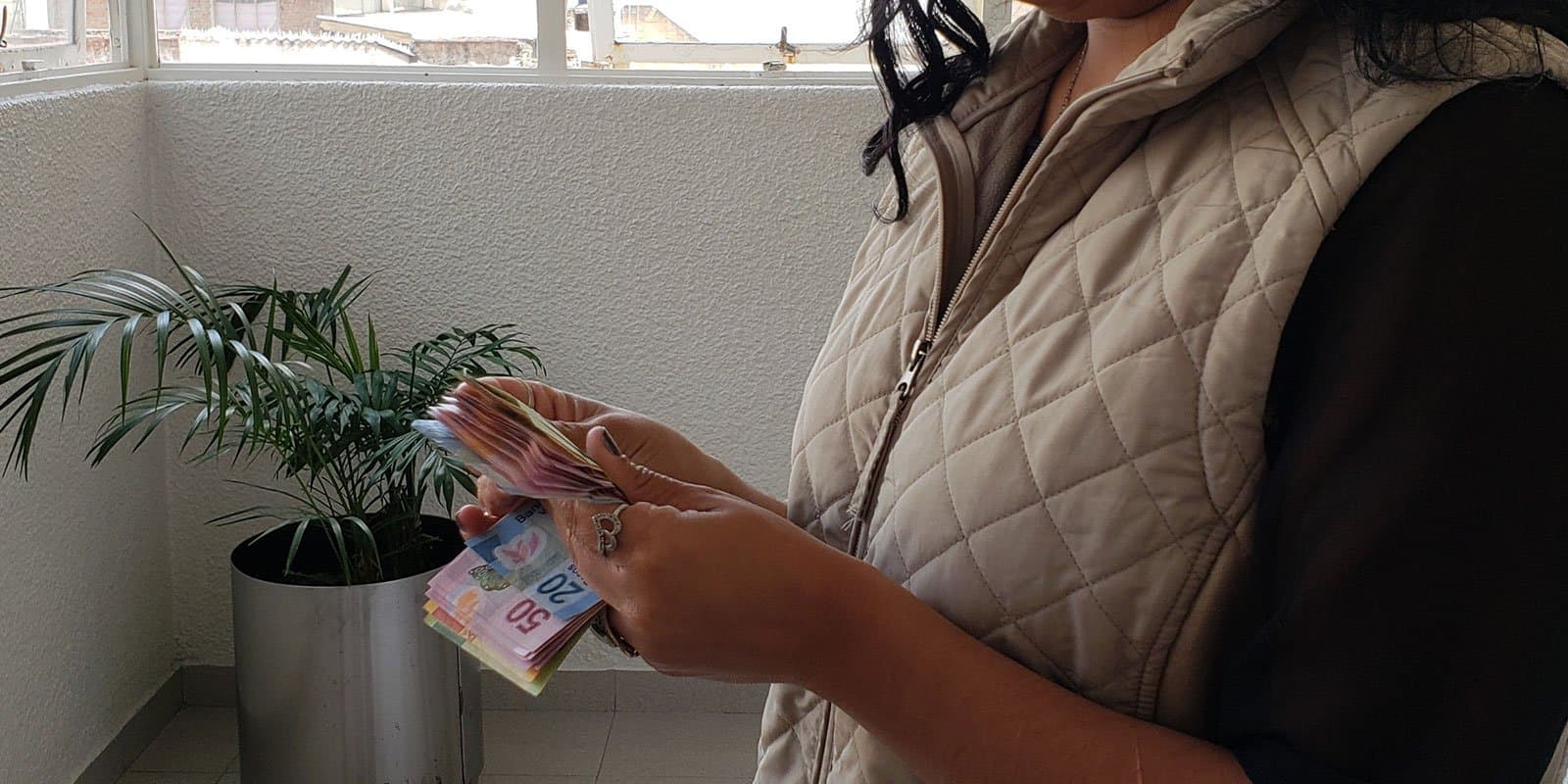
The Catch-22 in Mexico's Cashless Campaign
In February, the country's central bank, Banxico, announced plans for a government-approved mobile banking system called CoDi - an abbreviation for Codigo Digital (Digital Code). Using QR-code scanning, the mobile app would allow users to send money to each other in person or online.
But there is a catch, pointed out in an article by Reuters, causing mixed expectations for the success of the cashless campaign.
Excerpts from Reuters
An estimated 42 million Mexicans lack bank accounts. Steep fees and past scandals have put many off the country’s mainstream banks. Many shun accounts to stay off the radar of tax collectors.
“People who work and live in the informal economy do not want to be taxed,”
That presents unbanked Mexicans with a bizarre Catch-22: To access the government’s free mobile payments system, at least initially, they would have to open accounts with banks that many do not want to join or cannot afford in the first place.
Whether Mexico’s state system will prove as nimble and easy to use remains to be seen. And it will initially require help from the very same banks that for decades have shut out low-income Mexicans with pricey fees.
Read full Reuters article here
The informal economy makes up an integral part of Mexico's culturally-rich social fabric with three quarters of the population unbanked, and, it is estimated that cash is used for 90% of all transactions.
According the deputy finance minister, Arturo Herrera, the government's active efforts to push the public away from cash is motivated by the need to tackle money laundering and corruption.
As we've seen time and time again, adding a new payment option is something to be encouraged, but problems arise when the option to pay with cash is taken away.
'The big question is whether the so-called tropical Messiah will be able to fulfil his promises of national restoration, or whether his critics’ deepest fears of an authoritarian populist will come true.'
CoDi may have its merits, but the public should be weary of changes that demand they use controlled digital payments system. Such policies only restrict law-abiding citizens' freedoms and rights to privacy, while criminals continue their shady businesses using untraceable stores of value, such as stolen goods, cars or even people.
That is why the government's recently-announced plans to cap how much cash can be used to buy real estate is a red flag. For someone escaping an abusive situation, being able to purchase property with cash can be a life-saving freedom. It is not a crime to choose to pay privately, cash allows people to exercise their right to anonymity, but as ambitious leaders blindly rush to the wishfully crime-free promise land expected from a cashless future, they leave behind critical values that will be dearly missed when gone.
While the popular leftist president has a lot of work to do to follow through on his many plans, and supporters are optimistic that they will succeed, the words of T.S. Eliot come to mind: “Most of the evil in this world is done by people with good intentions.”
Related content
Reuters New rules in Mexico may limit cash payments for real estate (Mar 22, 2019)
Mexico is developing rules that would cap the amount of cash that can used to buy real estate, Finance Minister Carlos Urzua said on Friday, part of a push to reduce the use of physical currency in a country rife with money laundering and corruption.
Reuters Mexico pushes mobile payments to help unbanked consumers ditch cash (Feb 19th, 2019)
The administration of President Andrés Manuel López Obrador recently announced measures aimed at making financial services more affordable in a nation where more than half the population is unbanked.
Foreign Policy 'How Will AMLO Govern Mexico?' (Nov 30, 2018)
López Obrador, or AMLO as he is known, sees himself as the heir to Mexican giants like 19th-century reformer Benito Juárez, early 20th-century revolutionary Francisco Madero, and Lázaro Cárdenas, a popular leftist president during the 1930s. Critics see him more in the mold of Hugo Chávez, the socialist strongman who destroyed Venezuela.
